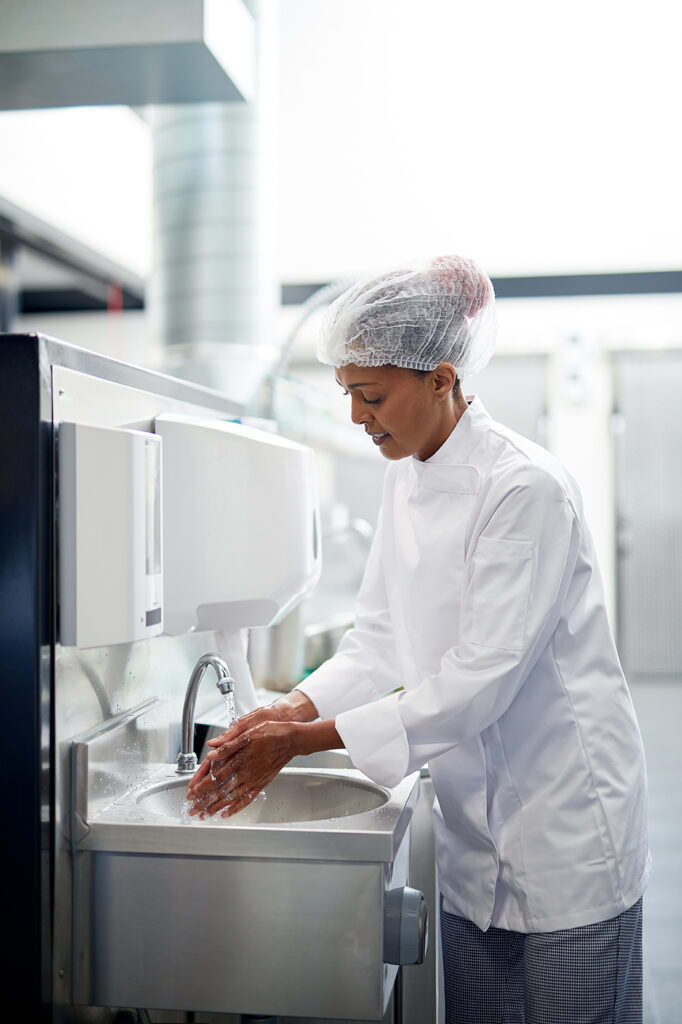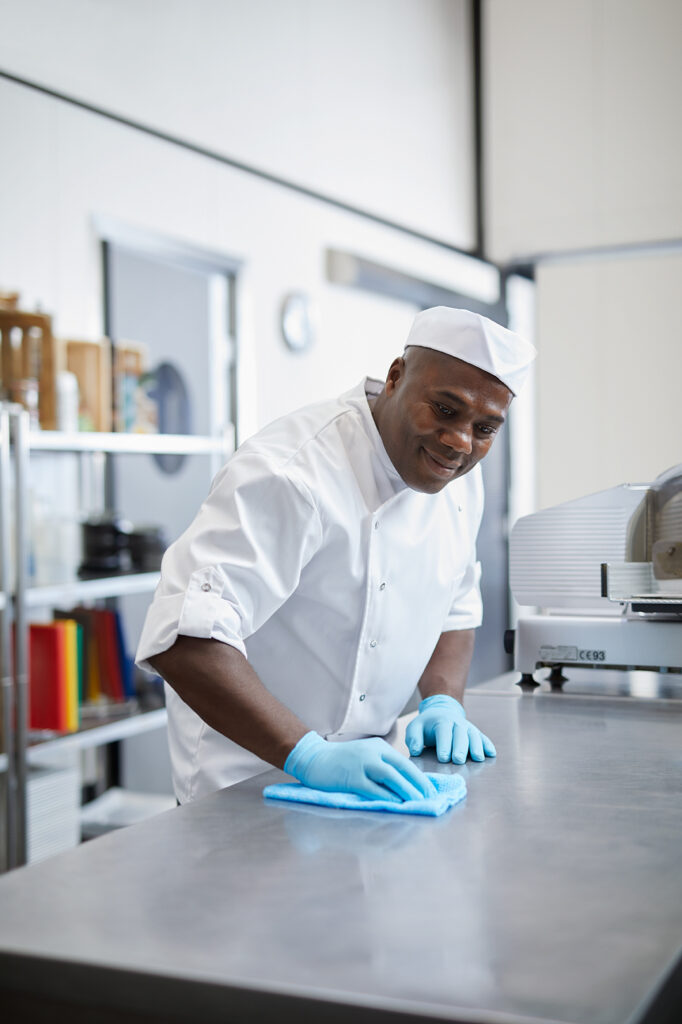
The Crucial Role of Sanitation in Restaurants
A Guest Article by Diversey

In the restaurant industry, impeccable sanitation practices are both a legal requirement and a fundamental responsibility. A clean environment safeguards the health of customers and staff, prevents foodborne illnesses, and contributes to a positive dining experience. High sanitation standards help reduce risks — such as those highlighted by the CDC, including poor personal hygiene and contaminated equipment — by minimizing cross-contamination through regular cleaning and sanitizing of surfaces, utensils, and food preparation areas. Equally important is staff hand hygiene, which prevents the spread of pathogens.

Beyond health benefits, sanitation compliance is mandated by local health departments and regulatory bodies. Restaurants must adhere to strict guidelines covering food handling, temperature control, sanitation protocols, and staff training. Failure to comply can lead to fines, penalties, or even closure, potentially damaging a restaurant’s reputation.
Customer Confidence
Cleanliness also plays a crucial role in customer perception. Patrons expect a hygienic dining environment, and visible sanitation efforts build trust and confidence. Restaurants that maintain excellent hygiene standards often enjoy increased repeat business, positive online reviews, and word-of-mouth referrals, ultimately enhancing their overall success.
Food Quality and Shelf Life

The USDA estimates that 31% of food loss occurs at the retail and consumer level, emphasizing the need to control spoilage microorganisms. Consistent cleaning practices prevent the buildup of bacteria, mold, and other contaminants, preserving food’s flavor, texture, and nutritional value while reducing waste and boosting profitability.
In today’s culinary landscape, preventing allergen cross-contamination is also vital. Dedicated equipment, separate food preparation areas, and thorough staff training help avoid contact between allergens and non-allergenic foods, ensuring the safety of diners with food allergies or sensitivities.
Overall, prioritizing sanitation is crucial for restaurant success. By adopting best practices, ensuring regulatory compliance, and continuously training staff, restaurants create a safe, enjoyable dining experience and build a strong reputation.
Speak with your Foodbuy Foodservice Account Manager today to learn more about our Diversey program.



